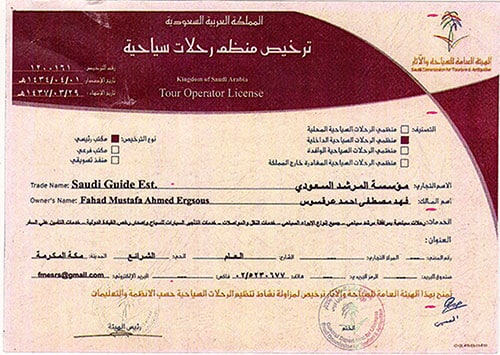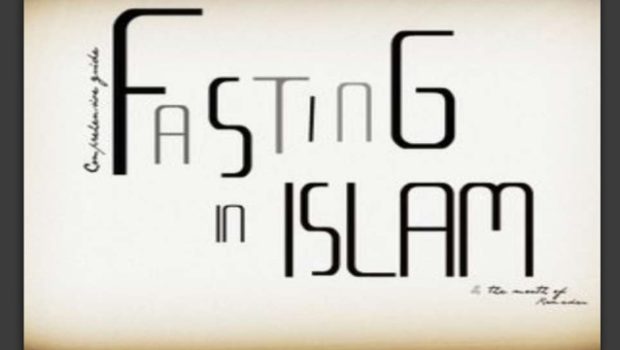Ramadan is one of the most important holy festivals of Muslims that is celebrated every…
FAST: What are the conditions of fasting in Islam?
Fasting is the fourth pillar of Islam that is considered as a mandatory act to be performed by every Muslim in the holy month Ramadan. The Muslims commence their fast by taking ‘Suhur’ before the dawn and breaks the same during the sunset having ‘Iftaar’. Niyyah commonly known as the intention is the major condition of fasting. Muslims must have Niyyah to fast for Allah to make the act valid and acceptable. As per the Quran, during the fasting hours, the Muslim must refrain from food, water, and sexual intercourse. These terms are obligatory and the violation of the same may result in an invalid Sawm.
The travellers, elderly, menstruating, breastfeeding, and pregnant women, those who are sick to death are exempted to break the fast and not opt for it. However, it is obligatory to continue fasting once the person is free from the above-mentioned states. Moreover, fasting is only considered if the Muslim person fulfils the below mentioned conditions:
- He/she is a Muslim and follow Islam
- He/she has reached the age of puberty
- He/she is able to fast
- He/she is not traveling
- The person is not sick, injured, pregnant, and etc.
For the menstruating women, Fasting is prohibited because it is considered as a state of discomfort for women. However, after the conclusion of bleeding cycle, women are necessitated to remake the fast before the arrival of next Ramadan.
The people who unintentionally breaks the sawm must sustain the fasting for the entire day as the fast is valid due to forgetfulness. However, if is terminated intentionally by the men or women then they are required to fast on another day. Besides fasting, the Muslim should engage in the five times prayer to Allah and the recitation of holy book Quran to seek the merciful blessings of Allah.



















